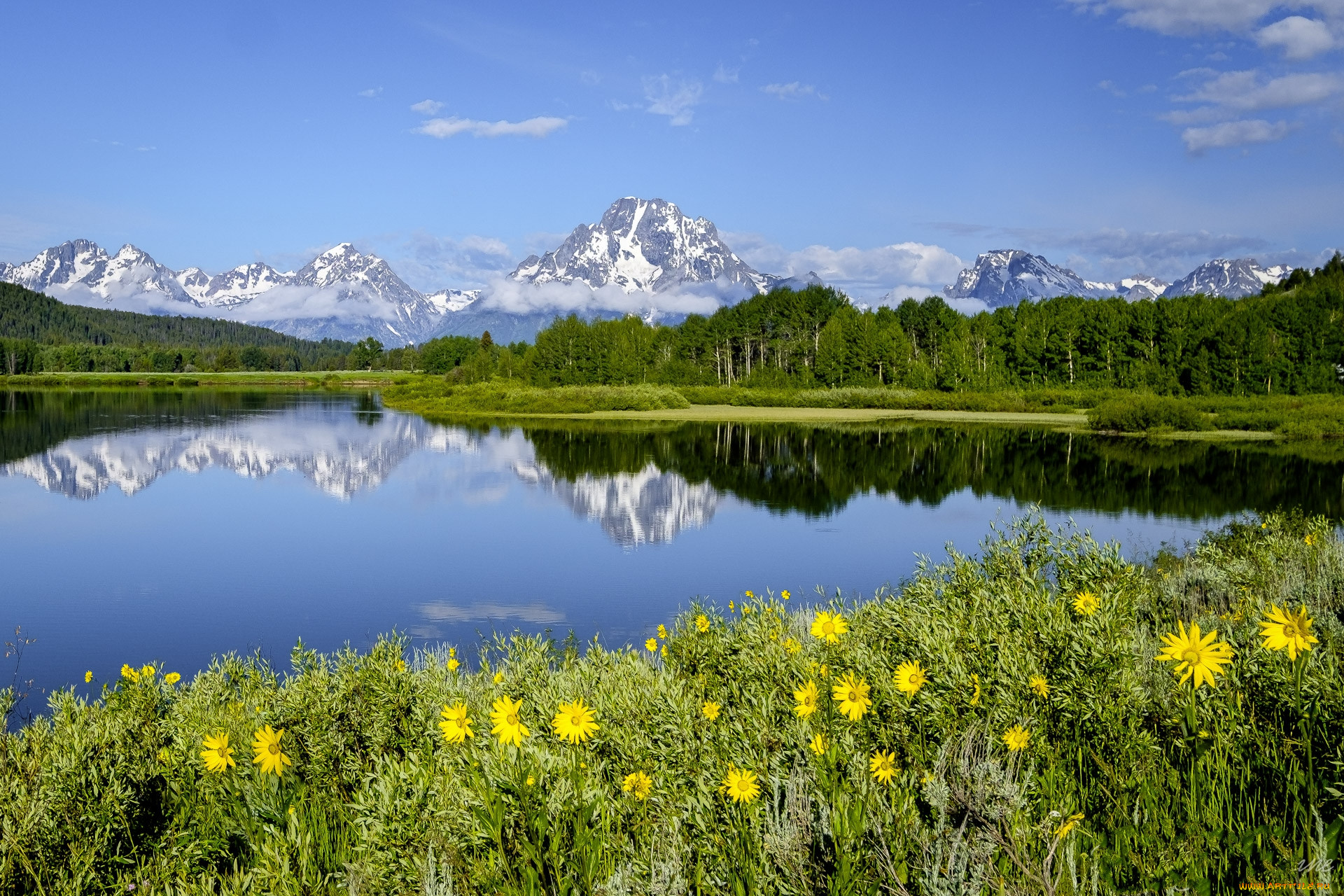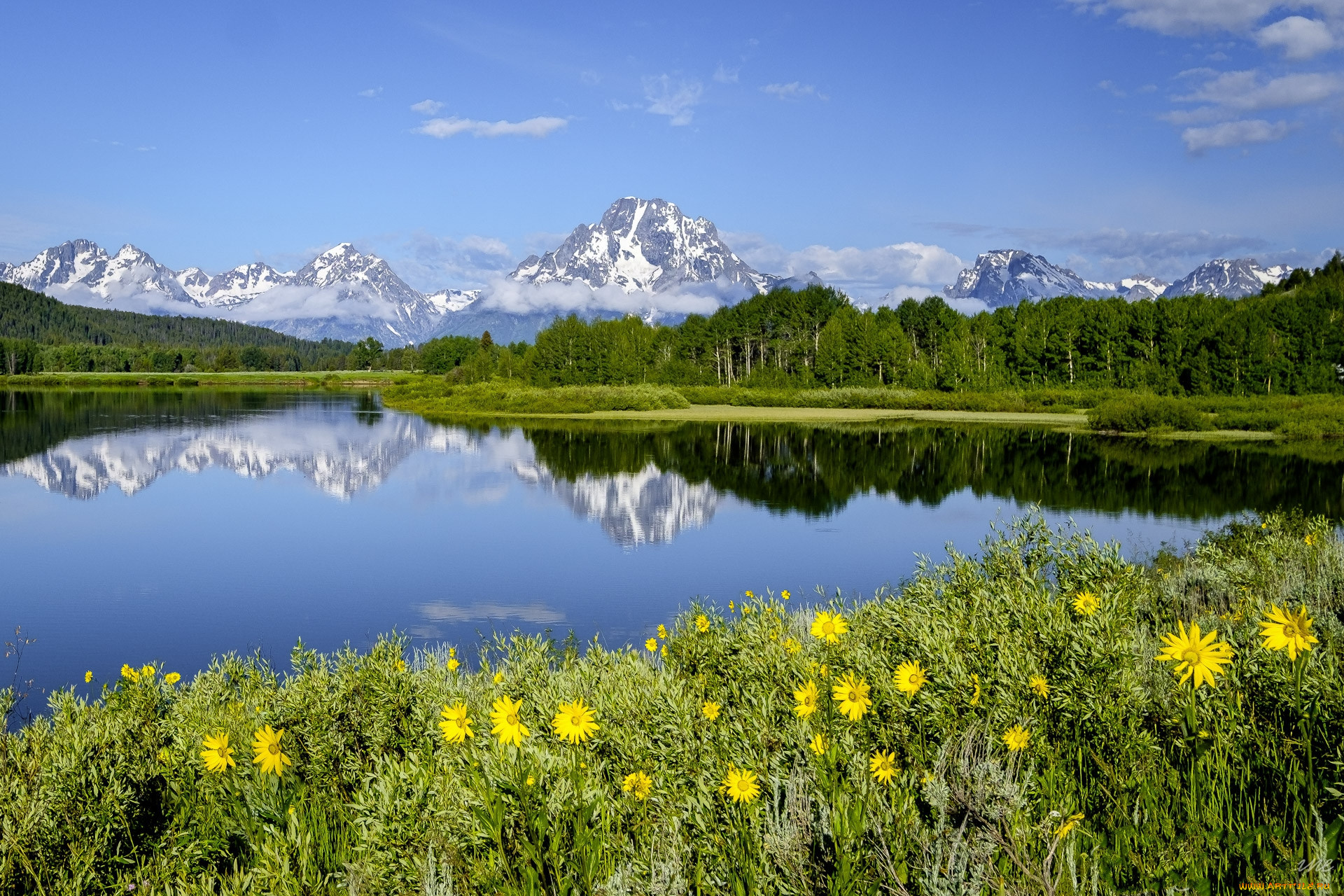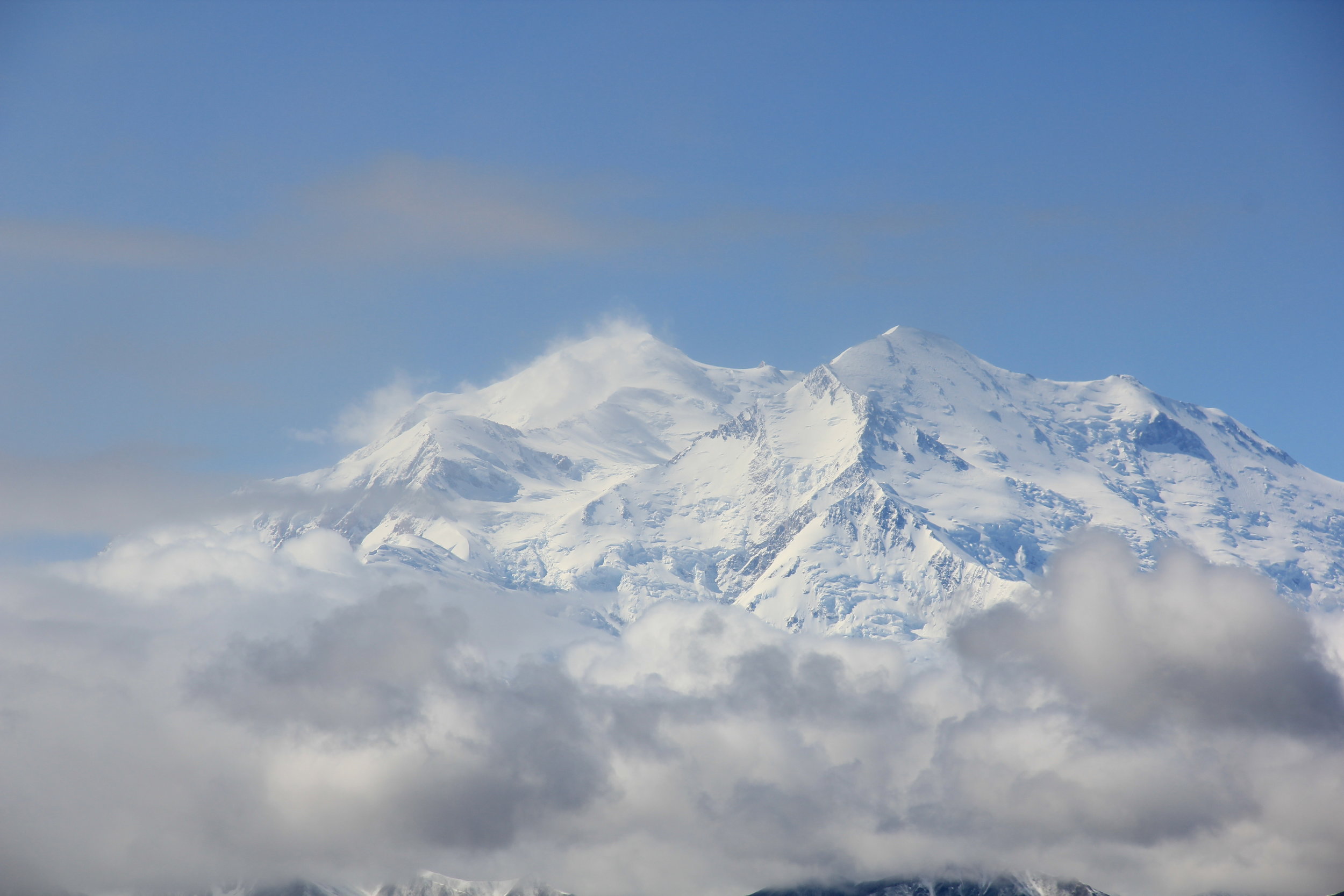The Arctic Ocean is a critical climate zone. Maps from the Roshydrometcentre, the Voyeikov Observatory, the Institute of Global Earth Climate and the Institute of Earth Physics of the Russian Academy of Sciences show that temperatures in the Arctic region are already 3–5 °C above the climate norm. By comparison, in the southern regions it is rising by an average of 1–1.2 °C.
Until 2008, civilian vessels could not pass through the ice of the Northern Sea Route without the guidance of icebreakers, which created a passage for them through the ice fields.
However, it was getting warmer, and many critical locations along the Northern Sea Route became ice-free during the summer period. This made it possible for ships to pass independently without being escorted by the Russian icebreaker fleet. All they had to do was to notify the controlling authorities of their movements.
Nevertheless, by 2012, nature itself brought the shipping industry back to the need for icebreaker escort contracts: ice conditions in the region had changed dramatically, and independent passage had become too risky and sometimes even impossible.
Warming also threatens industry and transport links in the region. Meltwater erodes soils and they begin to subside. The thawing of permafrost damages roads and infrastructure, collapses piles under technical structures, cracks in residential buildings, and bursts in pipelines.
Some people mistakenly believe that warming in the Arctic has a positive side — it will make it possible to develop the agriculture in the region. However, in order for that to happen, there must be at least a layer of soil instead of frozen ground. And it takes hundreds or even thousands of years for it to form.
For the time being, open-air farming is not possible in the Arctic zone. On the contrary, warming has led to the decline of traditional occupations and trades — nomadic herding, fishing and hunting of sea animals — as biological resources in the Arctic decrease due to climate change. Not to mention the fact that young people are not engaged in fisheries because they are not generating income.
Cover photo: Elena Perova / iStock








Comments